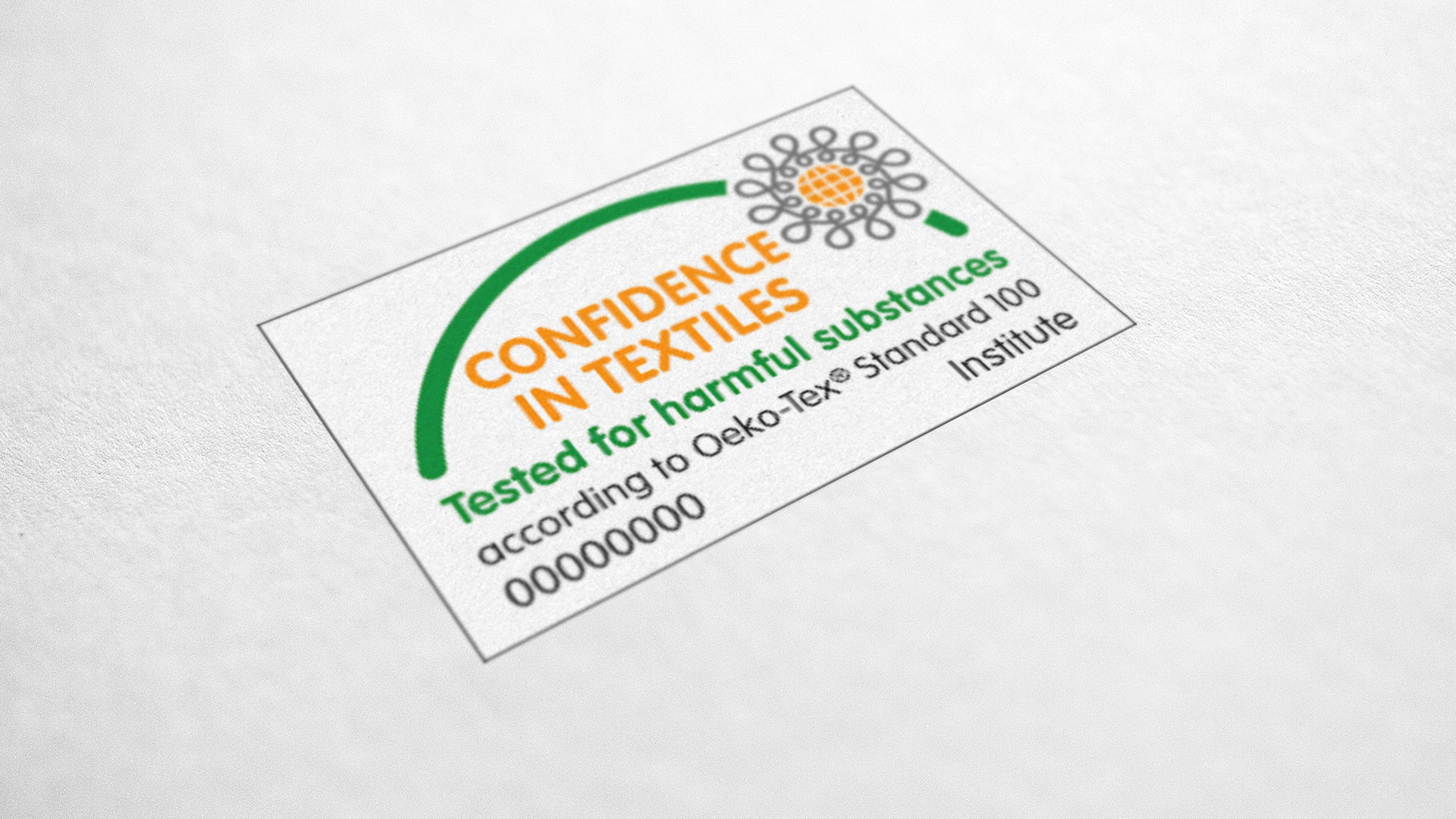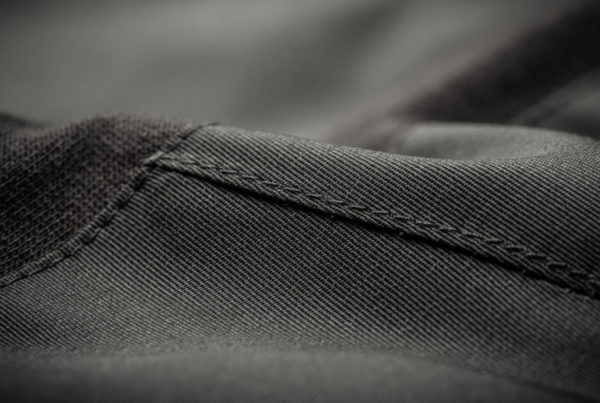Textile products which come into direct contact with human skin should have certificates that properly define their quality. In this case, it is the Oeko-Tex Standard 100 certificate.
It guarantees that products marked with this symbol have been tested to verify the presence of the 100 most dangerous substances that threaten users. The guarantee document contains test methods and limit values for potentially harmful chemicals (including phthalates, AZO, pH) that may also contribute to causing allergies.
International Association for Research and Testing in the Field of Textile and Leather Ecology (Oeko Tex), with headquarters in Zurich, Switzerland, was founded in 1992 by the German Hohenstein Institute and the Austrian Textile Institute. Currently, Oeko Tex consist of 18 independent testing and research institutes in Europe and Japan with contact offices in over 70 countries around the world.
The introduction of the Oeko-Tex certificate for textile products has resulted in the separation of high-quality products from those that may contain harmful substances. It has also contributed to the definition of specific standards against which the product – regardless of the place of manufacture – has a chance to receive a certificate. However, the most important aspect is the possibility of limiting or minimizing the amount of products containing substances dangerous for consumers.




